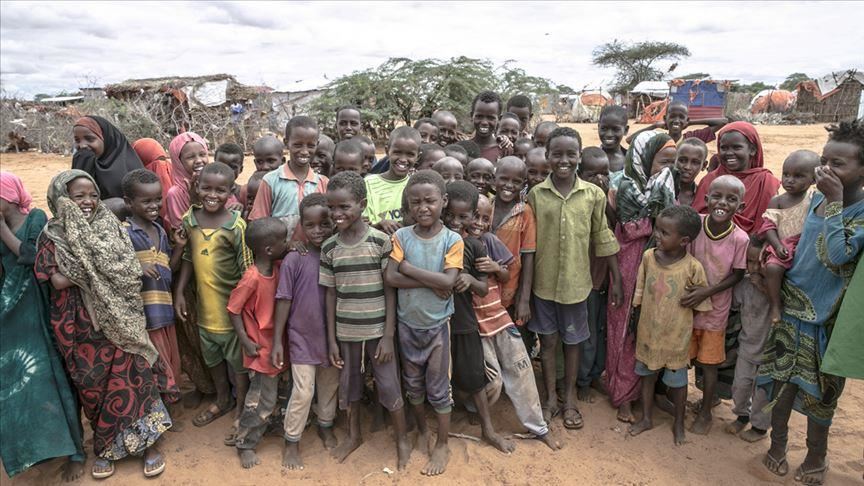The Federal Government of Somalia (FGS) and UNHCR, the UN Refugee Agency have airlifted vital humanitarian assistance to approximately 8,100 Somalis affected by flooding in South-West, Jubaland and Puntland States this past week.
UNHCR is one of the first responders to lead the delivery of emergency kits that include jerry cans, soap, blankets, sleeping mats, kitchen sets and plastic sheets to Baidoa, Bardheere and Qardho.
During the first phase of the airlift, the FGS provided a cargo plane to deliver essential items from the UNHCR warehouses in Mogadishu to Garowe (destined for Qardho) and Bardheere, while UNHCR airlifted the supplies to Baidoa.
The second phase of the airlift will commence later this week and target 17,000 people in affected areas including Qardho, Bardheere, Beletweyn, and Berdale.
READ ALSO: UNHCR Alerts On Vulnerable Displaced People Over COVID-19 In Africa
We are witnessing multiple emergencies in Somalia, with an exponential rise of COVID-19, Gu flash floods and riverine flooding
“We are witnessing multiple emergencies in Somalia, with an exponential rise of COVID-19, Gu flash floods and riverine flooding,” said Johann Siffointe, UNHCR’s Representative in Somalia.
“These emergencies must be understood as mutually compounding, requiring ongoing strong cooperation between the international community and governments at the national and sub-national levels.”
The 2020 riverine flooding and flash floods caused by Gu season rains are giving every indication that they will adversely impact Somalia at similar levels to the Deyr rains of 2019 when more than 400,000 people were forcibly displaced.
So far this year, the regions that have been hit hardest include Bari, Banadir, Hiraan, Middle Shabelle, Galgaduud, Mudug, Gedo, Lower Juba and Middle Juba.
The current multiple emergencies are exacerbating the living conditions of Somalia’s 2.6 million internally displaced persons who are among the country’s most vulnerable groups.
UNHCR’s response to the latest comes amidst the rising number of COVID-19 cases in Somalia. As part of its COVID-19 response, UNHCR is working in collaboration with the government, UN sister agencies and implementing partners to mitigate the spread of the virus. Activities rolled out by
UNHCR include support to the government with the provision of isolation, monitoring, and treatment tents, community awareness-raising and engagement, protection monitoring, support to health care centres with medical products and WASH facilities, provision of hygiene products and services, cash assistance to vulnerable families, livelihood programs and advocacy for a nationwide moratorium on evictions.
UNHCR is mobilizing additional resources for non-food items and emergency shelter to respond to the ongoing needs.
